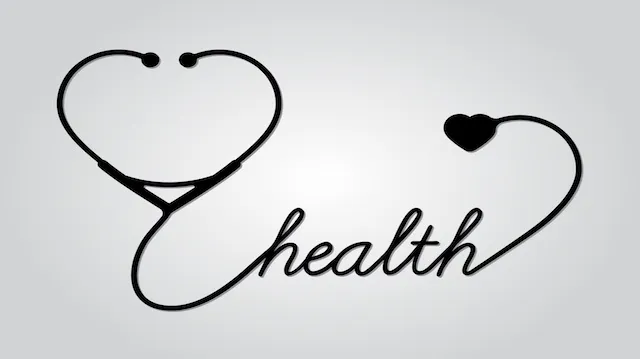Has anyone ever told you to stay positive? You should take those words to heart, literally. Paul J. Mills, a professor at the University of California, San Diego School of Medicine, is a specialist in disease processes. Mills has examined how gratitude can have a positive effect on the heart.
Mills and colleagues recruited 186 male and female adults with prior heart damage, including heart attack, hypertension, or infection. Instead of analyzing heart health through diet, fitness, or lifestyle choices, the participants were asked to fill out a questionnaire aimed at evaluating their level of gratitude.
The results of the research, published in Spirituality and Clinical Practice (2015), found that participants who expressed more gratitude were healthier, including heart health.
“We found that more gratitude in these patients was associated with better mood, better sleep, less fatigue and lower levels of inflammatory biomarkers related to cardiac health,” Mills commented in an American Psychology Association news release.
A follow-up study led by Mills involved 40 participants who were asked to journal about gratitude in their daily lives over a period of two months.
The participants in the follow-up study were tested for biomarkers of heart disease, such as inflammation and heart rhythm, before and after the study. Interestingly, those who wrote more frequently in their journals were found to have a decreased risk of heart disease.
Mills believes that gratitude reduces stress, which is a factor in reducing heart disease risk. “It seems that a more grateful heart is indeed a more healthy heart, and that gratitude journaling is an easy way to support cardiac health,” Mills noted.
How much gratitude do you feel? It appears that a grateful heart is indeed a healthier heart. A feeling of gratitude, as well as writing about it, may have a significant effect on your heart health. Keeping a gratitude journal is a wonderful, heart healthy alternative you can easily employ.
It is important to make your heart health a priority. Doing what you can to decrease your risk for heart disease can help you live a longer, healthier life. Heart disease is the number one killer of adult Americans, responsible for more than 600,000 deaths each year, according to the Centers for Disease Control and Prevention (CDC). Two of the major contributors to heart disease are poor diet and lack of exercise, and obesity can increase the risk for a variety of diseases.
Here are a few ways to improve heart health, suggested by the American Heart Association (AHA):

Keep your blood pressure in check. High blood pressure isn’t called the “silent killer” for no reason. Hypertension can cause a myriad of health issues, and significantly increases your risk for cardiovascular disease.
Shed some extra pounds. Studies have found that a weight loss goal of seven pounds over a period of one year may reduce your blood pressure by 11 points. This is significant if your systolic pressure is hovering just over 140 mm Hg.
Eat a healthier, more nutritious diet. Proper nutrition is the foundation to losing weight, getting your blood pressure under control and improving energy levels so that you can become more active.
Are you grateful, healthy and happy?
—The Alternative Daily
Sources:
http://www.apa.org/pubs/journals/releases/scp-0000050.pdf
http://www.apa.org/news/press/releases/2015/04/grateful-heart.aspx
http://www.heart.org/HEARTORG/GettingHealthy/Make-the-Effort-to-Prevent-Heart-Disease-with-Lifes-Simple-7_UCM_443750_Article.jsp#.VlS7QdDY2fQ
http://www.cdc.gov/heartdisease/facts.htm
